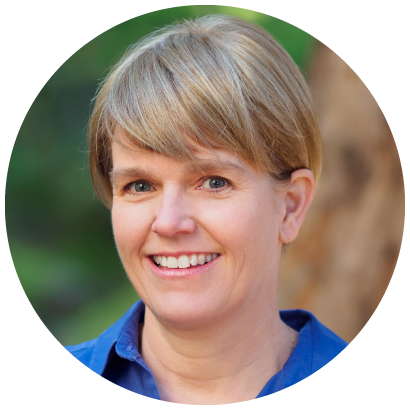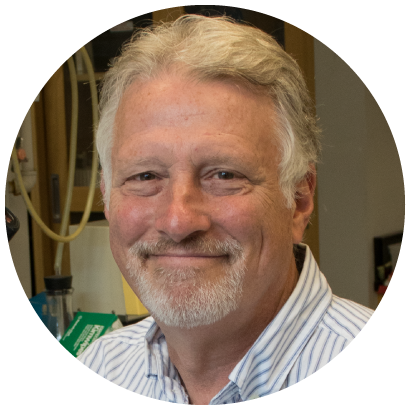GIAN GARRIGA
REU PROGRAM PI
Professor of Genetics, Genomics and Development
What motivated you to participate in the REU program? What does your job entail?
For several years I had been involved in advising and recruiting students at events like ABRCMS and SACNAS. David Weisblat also participated, and as one of the PIs for the REU, he asked if I would help with the program, I enjoyed interacting with the REU students and helping them prepare for graduate school. When it came time to write the REU renewal in 2017, I was happy to accept a leadership role in the program.
What are some highlights of your experience working with the REU program?
I enjoy watching the students develop their confidence as scientists. We mostly take students from smaller universities and colleges where there is less access to research, and it is particularly rewarding when a student realizes that they have the ability to succeed as a scientist.
What have you learned from working with REU students (personally or professionally)?
My involvement with the REU students has helped me understand the challenges faced by students who are less privileged than I have been. I have realized that I can make contributions to science beyond the work in my lab by providing guidance and opportunities for these students.
What’s one piece of advice you would give REU students or those wanting to pursue a career in science?
The demands of graduate student and undergraduate programs are different. Before applying to graduate school it is important that a student understands the demands of graduate school. If a student knows that they have a passion for research, then they should not wait to apply to graduate school. If, however, a student feels that they need more research experience to know that graduate school is right for them, there are lots of post-bacc opportunities that can help them reach a more informed decision.
Is there anything else you'd like to share about your experience with/in the program?
The funders of research programs like the REU put a premium on getting the students to pursue PhDs. The ability to renew the grants that fund these opportunities is partly based on the success of having a large fraction of the participating students enroll in PhD programs. Based on the applicants' statements and letters of reference, the REU selection committee works to select those students who are interested in research and are likely to pursue a PhD. Despite the pressure to encourage students to apply to graduate school, I feel that the REU is successful when the program helps our students crystallize their career goals, whether or not they involve graduate school.
|
 We're winding down our summer series on the MCB NSF REU summer research participants. Over the summer, we've followed along on their journeys of exploration, growth, and participation in basic research and laboratory teamwork. While our scholars prepare to present their research at the REU Summer Research Symposium this week, we're putting the spotlight on two faculty participants. Continue reading for some wise advice and insight on graduate school, research, and what it means to be a lab member.
We're winding down our summer series on the MCB NSF REU summer research participants. Over the summer, we've followed along on their journeys of exploration, growth, and participation in basic research and laboratory teamwork. While our scholars prepare to present their research at the REU Summer Research Symposium this week, we're putting the spotlight on two faculty participants. Continue reading for some wise advice and insight on graduate school, research, and what it means to be a lab member. 
